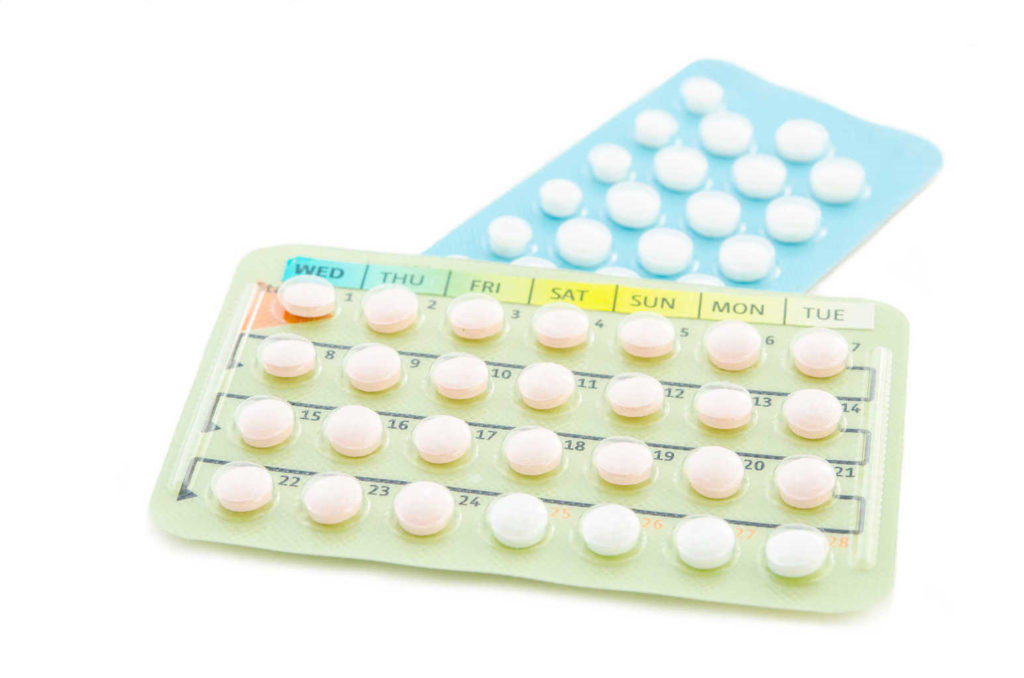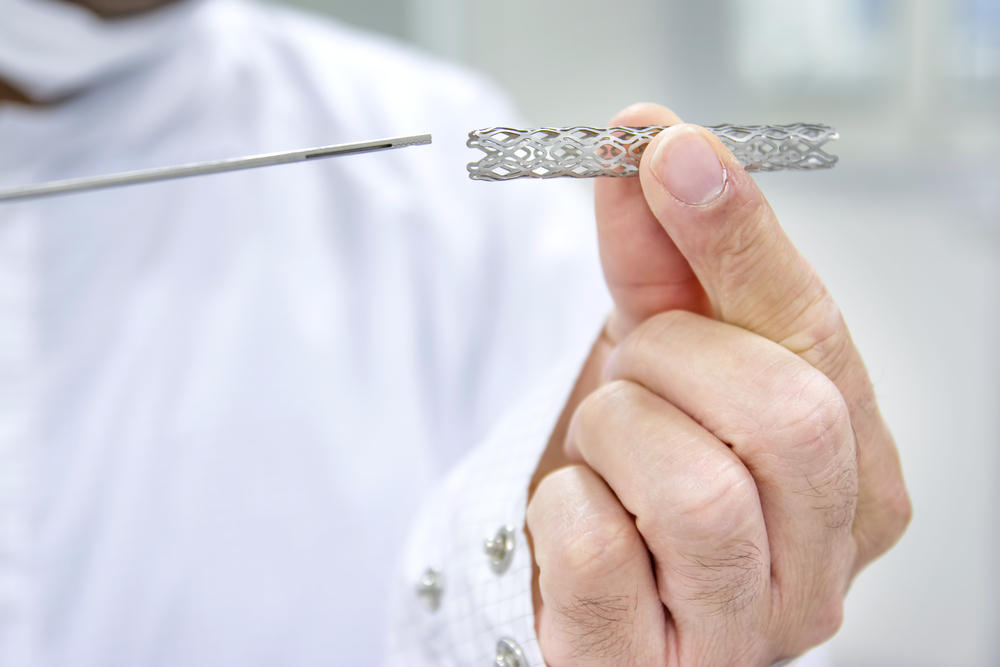Contents:
Medical Video: Birth Control Pills
Until now there has been no evidence that the risk of long-term birth control pills can be a problem with fertility. However, some women experience minor disorders in their menstrual cycle after stopping using birth control pills (this condition is called post-pill amenorrhea) However, this is usually caused by another problem (which is not yet known exactly) that is not at all related to the pill - for example, being underweight or experiencing severe stress.
In fact, using birth control pills can prevent you from diseases such as ovarian cancer and uterine cancer, which can cause infertility. The researchers prove that the use of long-term pills can improve the symptoms ofendometriosis, a condition that can cause abnormal bleeding during menstruation and lead to infertility. Birth control pills are also proven to reduce the risk of an ectopic pregnancy - when a fertilized egg sticks outside the uterus, usually in the fallopian tube, unfortunately this ectopic pregnancy does not lead to a successful birth.
Some doctors recommend that you immediately try to get pregnant after stopping using pills, but it's a good idea to wait until you get your first period (usually 4-6 weeks after stopping using the pill) because you will know if you ovulate. If you have not yet menstruated after 2 months of stopping the use of pills, contact your doctor for possible other problems that need to be known further.
But even if you get pregnant immediately after stopping using hormonal contraception, you don't need to worry. Research shows that you don't need to worry about the presence of hormone residues in your baby later.
Remember to always discuss this with your doctor before stopping using hormonal contraception.












